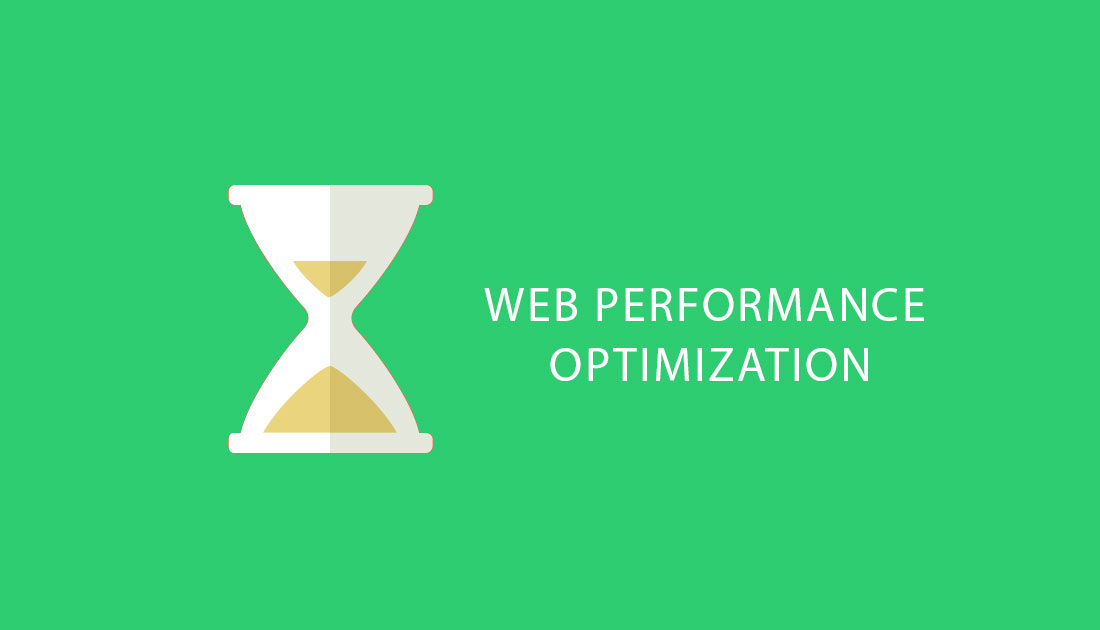Viva Resa: Your Gateway to Insightful Living
Discover news, trends, and tips for a vibrant lifestyle.
Speeding on the Web: Why Slow Sites Are So Last Season
Unleash lightning fast web speeds! Discover why slow sites are outdated and how to boost your site's performance today!
The Impact of Page Speed on User Experience: Why Fast Sites Win
The impact of page speed on user experience cannot be overstated. In today's fast-paced digital world, users expect websites to load quickly; delays of just a few seconds can lead to frustration and abandonment. Research has shown that 47% of users expect a web page to load in two seconds or less, and 40% will leave a site that takes more than three seconds to load. This means that having a fast site not only enhances user satisfaction but also significantly improves your chances of retaining visitors and converting them into customers.
Moreover, search engines like Google prioritize loading speed in their ranking algorithms, making fast sites more likely to appear at the top of search results. In this competitive online landscape, a site that loads quickly can lead to increased traffic, higher visibility, and ultimately better sales performance. To optimize your website's page speed, consider techniques such as compressing images, minifying CSS and JavaScript files, and leveraging browser caching. By doing so, you're not only improving user experience but also gaining an edge over competitors who overlook this critical aspect of site performance.

Top 5 Reasons Your Website Might Be Slower Than Your Competitors
In today's digital landscape, a slow website can significantly impact your business, leading to frustrated users and missed opportunities. Here are the top 5 reasons your website might be slower than your competitors:
- Hosting Issues: Your choice of web hosting can drastically affect your site's speed. Inadequate resources, shared hosting, or outdated technology can slow down your website compared to competitors using better solutions.
- Unoptimized Files: Large images and uncompressed files can slow load times. Ensure you optimize your images and use appropriate file sizes to improve performance.
- Excessive HTTP Requests: Each element on your site, from images to scripts, requires an HTTP request. Minimizing these requests by consolidating files can improve load speed.
- Too Many Plugins: While plugins can enhance functionality, too many can bloat your website and slow it down. Regularly audit and remove unnecessary plugins to maintain optimal speed.
- Not Utilizing Caching: Caching helps store copies of your web pages, reducing the need to reload them with each visit. Implementing caching strategies can significantly enhance your load times.
Is Your Site Speed Costing You Customers? Find Out Here!
In today's fast-paced digital world, site speed plays a crucial role in determining user experience and overall website performance. Research shows that even a one-second delay in loading time can lead to a significant loss of customers and revenue. Users expect websites to load quickly, and if yours fails to meet those expectations, they are likely to abandon your site in favor of a competitor’s. To illustrate this point, consider the following statistics:
- 40% of visitors abandon a website that takes more than 3 seconds to load.
- 53% of mobile users leave a page that takes over 3 seconds to load.
So, how can you determine if your site speed is costing you customers? Start by utilizing tools such as Google PageSpeed Insights or GTmetrix to measure your website's loading time. If your scores reveal that your site is slow, it’s time to take action. Consider optimizing images, leveraging browser caching, and minimizing HTTP requests to improve loading times. Remember, every second counts when it comes to retaining your audience and encouraging conversions—don't let slow site speed be a barrier to your business success!